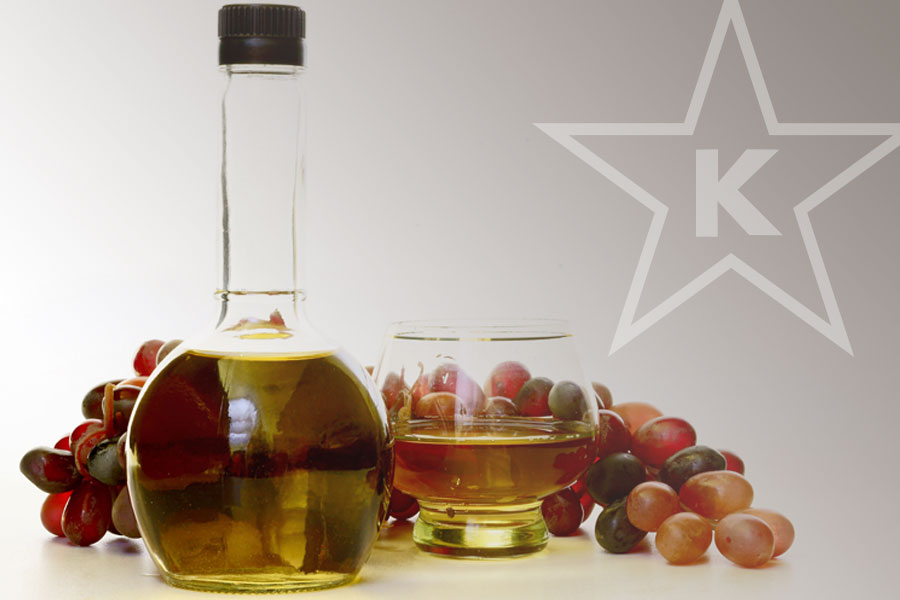Updated June 2024
The Torah forbids discarding objects with innate kedusha (holiness) into the trash or recycling bin. Objects which have innate kedusha must be placed in sheimos, which must be buried.
(Objects that acquire kedusha after being used for a mitzvah do not need to be placed in sheimos but do need to be disposed of with special sensitivity. This is discussed further below.)
SHEIMOS: Disposing of Objects with Kedusha
The following objects are included in this category:
Any of the names of Hashem
Sefer Torah or Sefer Torah cover
Seforim, whether handwritten, printed, photocopied, or downloaded and printed (e.g., Chumashim, Siddurim, Machzorim, Gemara, Shulchan Aruch, etc.)
Bentchers
Pages of a sefer that became detached or fragments of a sefer, even if there is no writing or print on them
A sefer’s cover that has been removed from the sefer
Binding tape that became detached from a sefer
Printed material primarily […]




 STAR-D
STAR-D STAR-S
STAR-S